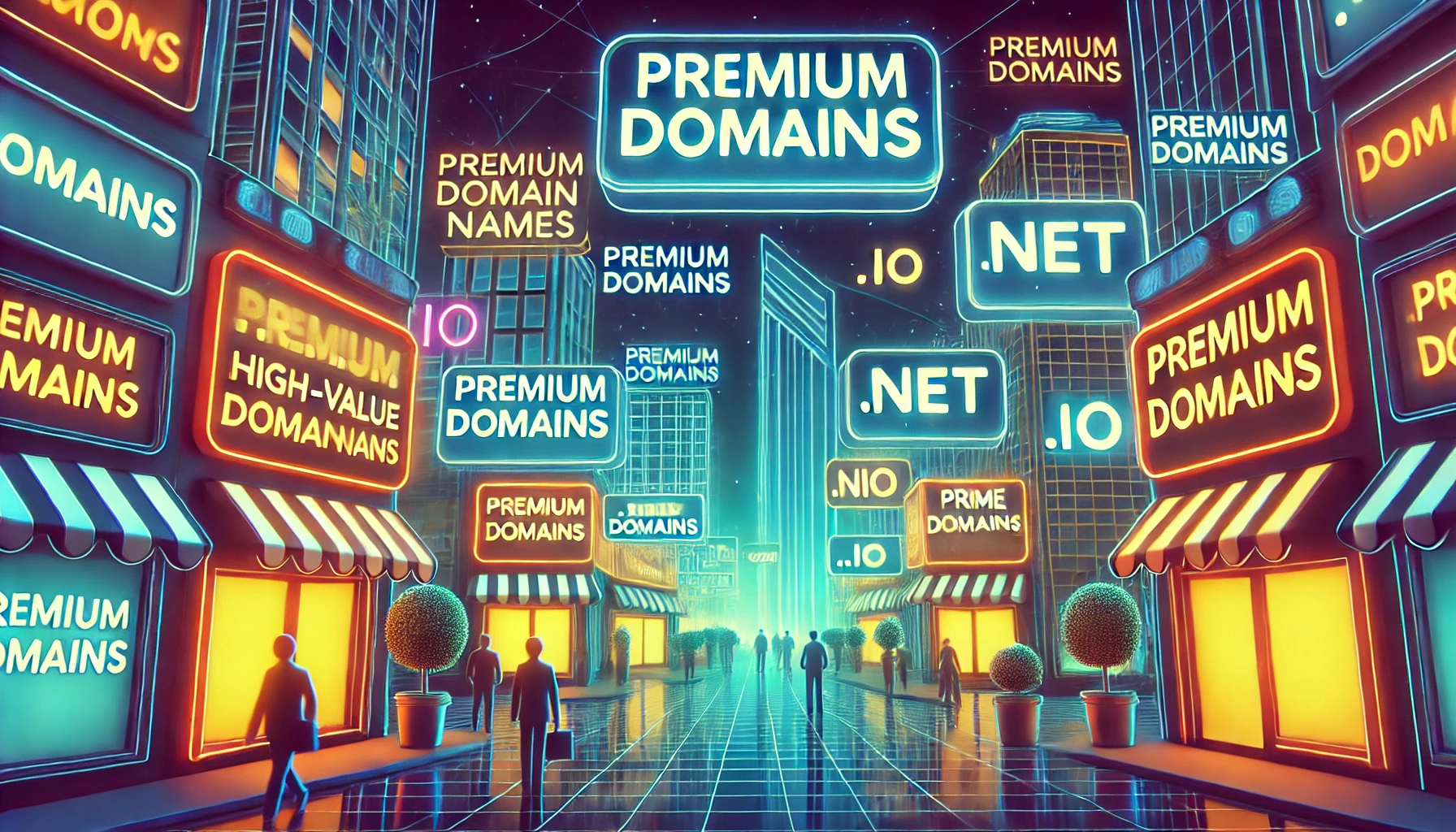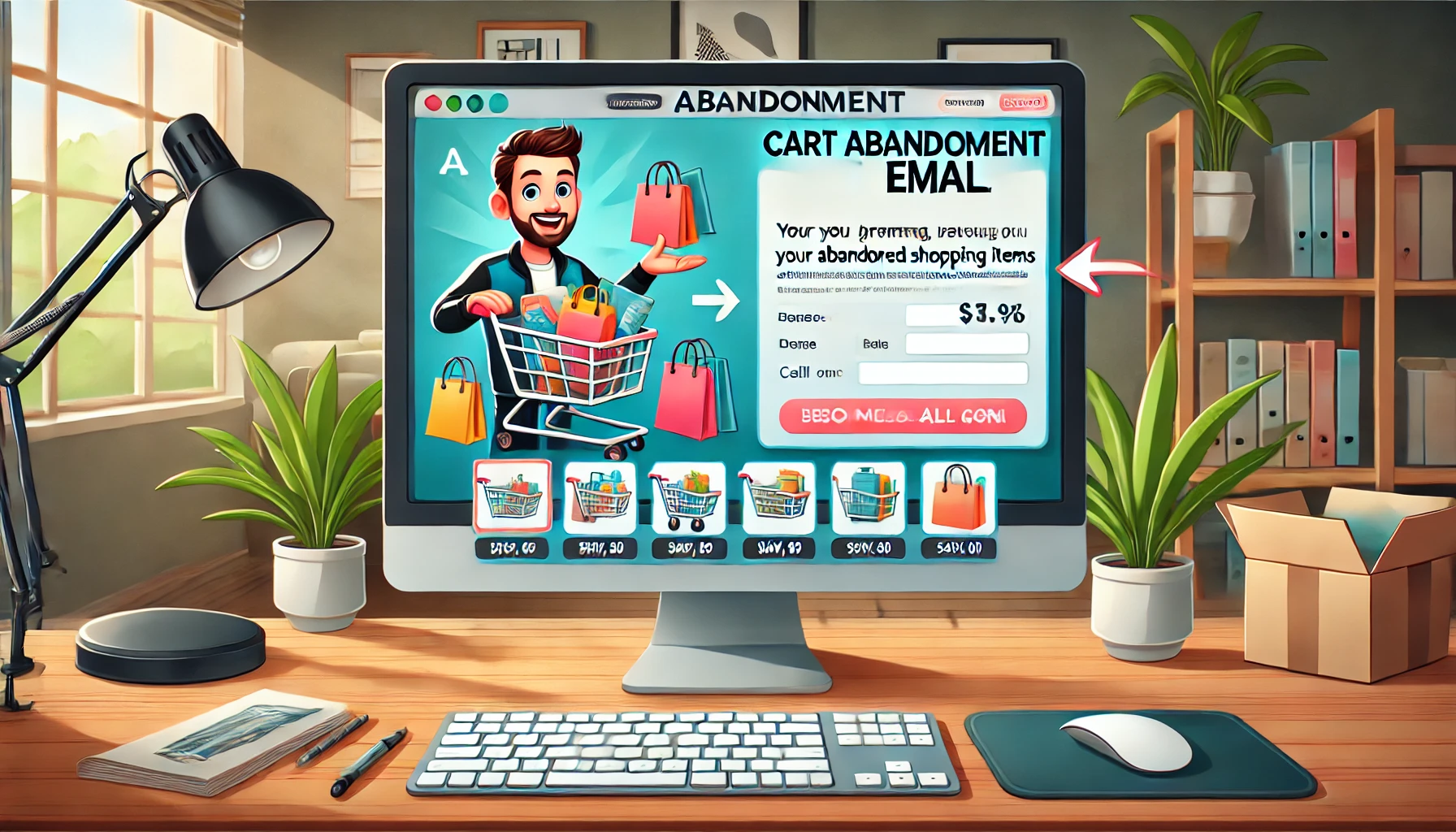The Metaverse is this amazing virtual world where people can hang out and do things together in a digital space. When we talk about the Metaverse, we usually mean virtual reality (VR) and augmented reality (AR), but it also includes online communities and networks.
So, what does marketing look like in the Metaverse? Well, it involves a bunch of great strategies. For starters, brands can use VR and AR to create very immersive experiences that really draw people in. Imagine trying out a new product in a virtual store or seeing an ad pop up in an AR game you’re playing. It’s all about making the brand experience as engaging as possible.
But it doesn’t stop there. Social media and online communities are also huge in the Metaverse. Brands can interact with users in these spaces, building relationships and keeping the conversation going. Plus, virtual events and webinars are a great way to connect with audiences. Picture attending a concert or a workshop in a virtual world – it’s a whole new way to engage with people.
However, doing marketing in the Metaverse isn’t just about jumping in and hoping for the best. It requires really understanding this unique digital space. Marketers need to know what works and what doesn’t in a virtual environment. This means creating content that’s not just good but compelling and engaging for users.
How Metaverse Marketing Functions?
Metaverse marketing is all about using different strategies to connect with audiences in virtual reality (VR), augmented reality (AR), and online communities. Here are some common tactics brands use:
1. VR and AR Experiences: Brands create immersive experiences using VR and AR. This means users can interact with products or services in a very engaging way. Imagine trying on clothes in a virtual store or seeing how new furniture looks in your room using AR – it’s very great !
2. Social Media and Online Communities: Social media platforms and online communities are key in the Metaverse. Brands can build a following by sharing content, hosting live events, and engaging with users through comments and direct messages. It’s all about staying connected and active in these digital spaces.
3. Virtual Events and Webinars: Hosting virtual events or webinars is another great way to engage with audiences. Brands can share information about their products or services in an interactive and engaging format. Think of attending a virtual concert or a workshop – it’s a new way to experience events.
4. Data and Analytics: Tracking the success of marketing efforts is crucial. Brands use tools to measure key metrics like engagement, reach, and conversions. This helps identify what’s working and where improvements are needed.
Understanding the Metaverse: To do Metaverse marketing well, you need to understand the unique features and challenges of VR and AR environments. Creating content that’s interesting and relevant to users in these spaces is key.
Should Businesses Adopt Metaverse Marketing to Remain Future-Proof?
Deciding whether to jump into Metaverse marketing can be tricky. The Metaverse is still evolving, and its future uses are uncertain. Each business needs to decide if Metaverse marketing fits into their overall strategy.
However, the Metaverse is an emerging space with a lot of potential for innovation and growth. It’s likely to become more important over time. So, if your business is in a sector that could benefit from VR or AR experiences, it might be worth considering.
Before diving in, think about the resources and time needed to effectively execute a Metaverse marketing strategy. Consider the potential return on investment and do some research to identify any risks or challenges.
Overall, whether or not to incorporate Metaverse marketing should be based on a careful analysis of your business goals, resources, and audience. It should be part of a larger, long-term marketing strategy.
What Do Businesses Need to Start Metaverse Marketing?
Starting with Metaverse marketing requires a few key resources and tools. Depending on the specific tactics and strategies a business wants to use, here are some essentials:
1. VR and AR Hardware and Software: If a business plans to create immersive virtual or augmented reality experiences, it will need the right hardware and software. This includes VR or AR headsets, controllers, and development tools to create these interactive experiences.
2. Social Media Accounts and Online Communities: For businesses looking to use social media and online communities as part of their Metaverse marketing, having accounts on the relevant platforms is crucial. It’s also important to be ready to engage actively with users, share content, and participate in conversations.
3. Tools for Virtual Events and Webinars: Hosting virtual events or webinars requires access to specific tools and technologies. This might include video conferencing software, webinar platforms, and virtual event platforms to ensure smooth and interactive sessions.
4. Data and Analytics Tools: To track the success of Metaverse marketing efforts, businesses need tools that can measure key metrics like engagement, reach, and conversions. These analytics tools help in understanding what’s working and where there is room for improvement.
Each business’s specific needs will vary based on the tactics and strategies they plan to implement. It’s important to carefully consider the resources and tools required before diving into Metaverse marketing. This ensures that the campaign is well-planned and effectively executed.
How Can Digital Marketing Agencies Assist Businesses with Metaverse Marketing?
Digital marketing agencies can be a huge help for businesses diving into Metaverse marketing. Here’s how they can support:
1. Strategy Development: Agencies work with businesses to create a comprehensive Metaverse marketing strategy. They align this strategy with the business’s overall goals and target audience. This includes identifying the best tactics and channels to use, and planning a content schedule that makes sense.
2. Content Creation: Agencies help create engaging and relevant content for the Metaverse. This might involve developing virtual reality or augmented reality experiences, crafting social media posts, or organizing virtual events and webinars. The goal is to produce content that captures attention and keeps users engaged.
3. Campaign Execution: Once the strategy and content are ready, agencies assist in executing Metaverse marketing campaigns. They manage social media accounts, coordinate virtual events and webinars, and track and analyze campaign performance. This ensures everything runs smoothly and effectively.
4. Expertise and Resources: Digital marketing agencies bring a team of experienced professionals who know the ins and outs of Metaverse marketing. They have the tools and resources needed to execute campaigns successfully. This expertise can save businesses time and effort, helping to ensure their Metaverse marketing efforts are on point.
Digital marketing agencies are valuable partners for businesses looking to explore the Metaverse. They offer the expertise, resources, and support needed to achieve marketing goals in this new digital space.
Even though the Metaverse is still evolving, marketers are already leveraging it to connect with customers and build relationships. The traditional four Ps of marketing—product, pricing, promotion, and place—apply here as well, adapted to the virtual world.
If you’re interested in starting your Metaverse marketing journey, connect with our experts to understand the scope. Feel free to schedule a call with one of our web engineers today to get started.












